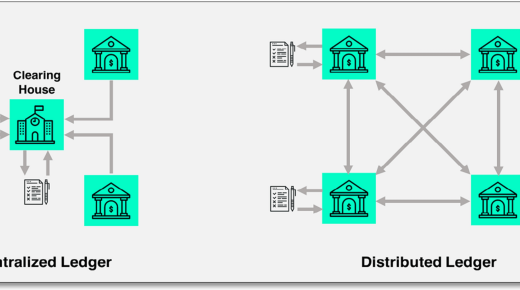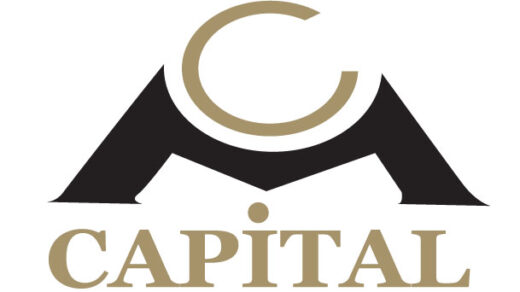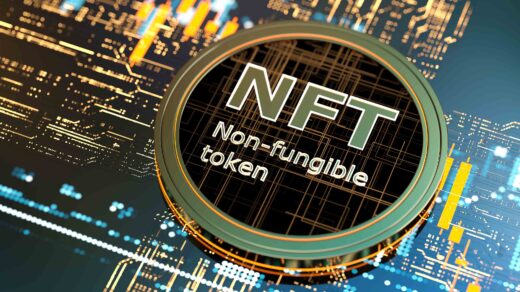The emergence of digital assets, including cryptocurrencies, NFTs, CBDCs, and security tokens, has transformed the financial landscape globally. Nigeria, in keeping pace with this digital evolution, has taken steps to regulate these digital assets to ensure their secure and lawful use.
In May 2022, the Securities and Exchange Commission (SEC) introduced new rules titled “Rules on Issuance, Offering Platforms, and Custody of Digital Assets.”
This article provides an extensive overview of these regulations and their implications for the crypto asset market in Nigeria.
Issuance of Digital Assets as Securities
One of the core components of SEC’s regulatory framework pertains to the issuance of digital assets as securities. The new rules mandate that all digital assets intended for capital raising must be registered with the SEC. To achieve this, issuers must follow specific procedures outlined in the Rules. Once an application is submitted, the SEC assesses whether the proposed digital asset qualifies as a security under the Investment and Securities Act (ISA) of 2007. If deemed a security, the issuer is required to complete the registration process according to the Rules.
Registration Requirements for Digital Assets Offering Platforms (DAOPs)
Digital Assets Offering Platforms (DAOPs) are electronic platforms that offer digital assets to the public, and they must register with the SEC. The registration process involves compliance with stringent requirements, such as paying prescribed fees, completing the appropriate SEC forms, and demonstrating a minimum paid-up capital of N500 million. Additionally, DAOPs are subject to rules applicable to Virtual Assets Service Providers (VASPs).
Registration Requirements for Digital Asset Custodians (DACs)
Digital Asset Custodians (DACs) are responsible for safeguarding and maintaining custody of virtual assets and digital tokens on behalf of others. DACs must register with the SEC, and they must meet general requirements set for Virtual Assets Service Providers (VASPs). The SEC can also register foreign DACs under specific conditions. These conditions include being authorized to operate similarly in their home jurisdiction and having regulatory arrangements in place with the SEC for enforcement, supervision, and information sharing.
Virtual Assets Service Providers (VASPs)
VASPs encompass entities facilitating virtual asset trading, exchange, transfer, safekeeping, and administration, among other financial services related to virtual assets. The SEC’s rules apply to various platforms and entities involved in virtual asset services. Registration as a VASP is mandatory, and compliance with specific requirements is essential for lawful operation. The rules do not apply to technology service providers supporting Digital Asset Exchanges (DAXs), communication infrastructure operators, or financial portals aggregating content and providing links to financial services.
Digital Assets Exchange (DAX)
Digital Assets Exchanges (DAXs) are electronic platforms facilitating the trading of digital assets. To operate as a DAX operator, entities must adhere to the rules outlined in the SEC’s regulatory framework. These rules include payment of prescribed fees, submission of the appropriate SEC forms, and demonstrating a minimum paid-up capital of N500 million, alongside a fidelity bond covering at least 25% of the capital.
Conclusion
SEC’s introduction of the “Rules on Issuance, Offering Platforms, and Custody of Digital Assets” marks a significant milestone in regulating digital assets in Nigeria. It provides a structured framework for the issuance and trading of digital assets, with an emphasis on investor protection and security. However, it’s important to note that while the SEC has taken steps to regulate digital assets, the Central Bank of Nigeria (CBN) maintains its stance against cryptocurrencies, limiting the ability of financial institutions to engage with crypto entities.
In a broader context, the regulatory landscape regarding digital assets in Nigeria is evolving. The proposed Investment and Securities Bill 2022, passed by the Senate, expands the definition of “securities” to include “virtual assets.” This signifies a substantial shift in the regulatory environment, encompassing a wider range of digital assets.
It is essential for stakeholders in the digital asset space to remain informed about these evolving regulations, as the balance between SEC’s stance on digital assets and CBN’s stance on cryptocurrencies continues to influence the use and acceptance of crypto assets in Nigeria. With the growing global interest in digital assets, Nigeria’s regulatory approach will play a crucial role in shaping the future of digital finance within the country.




